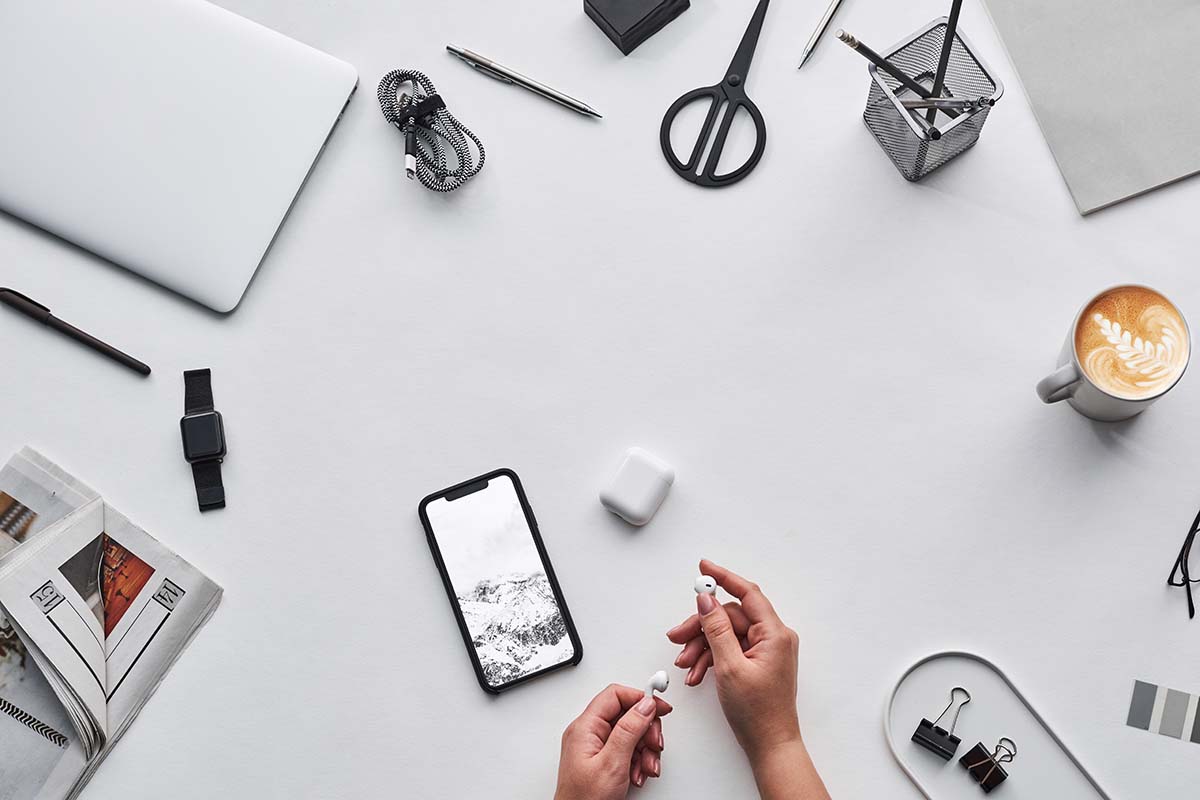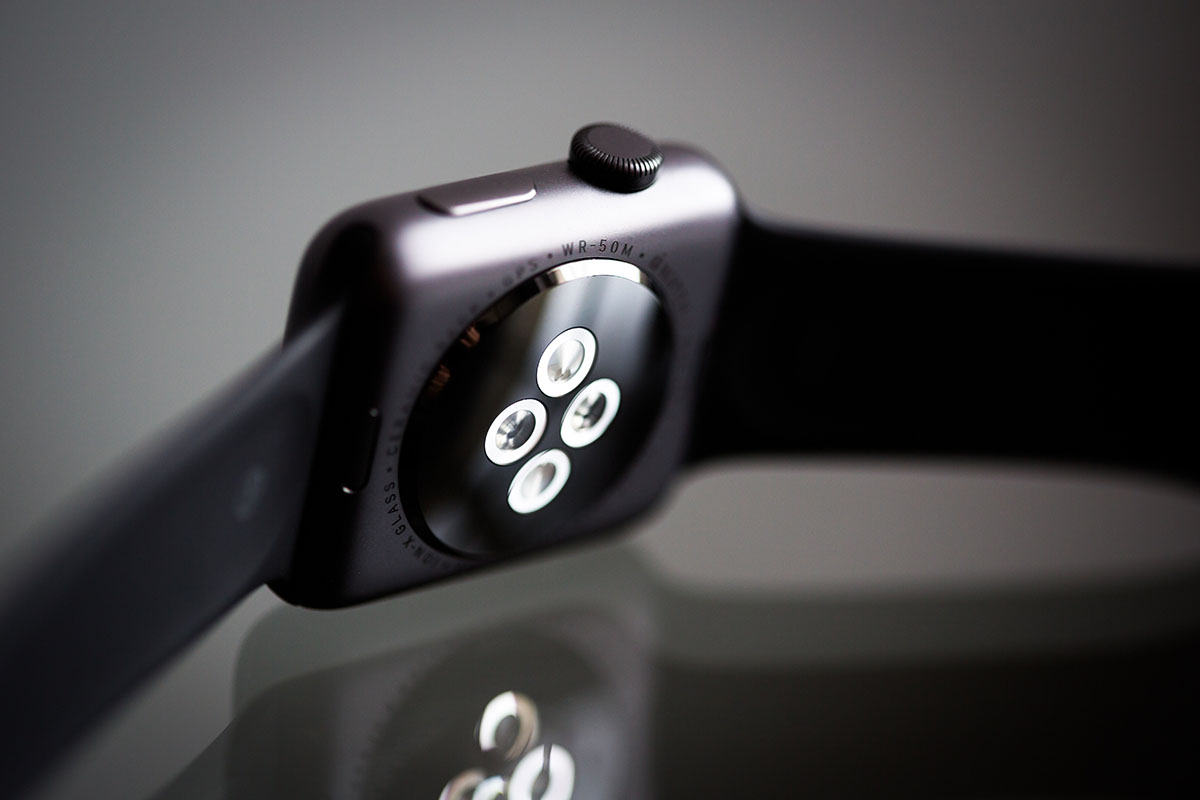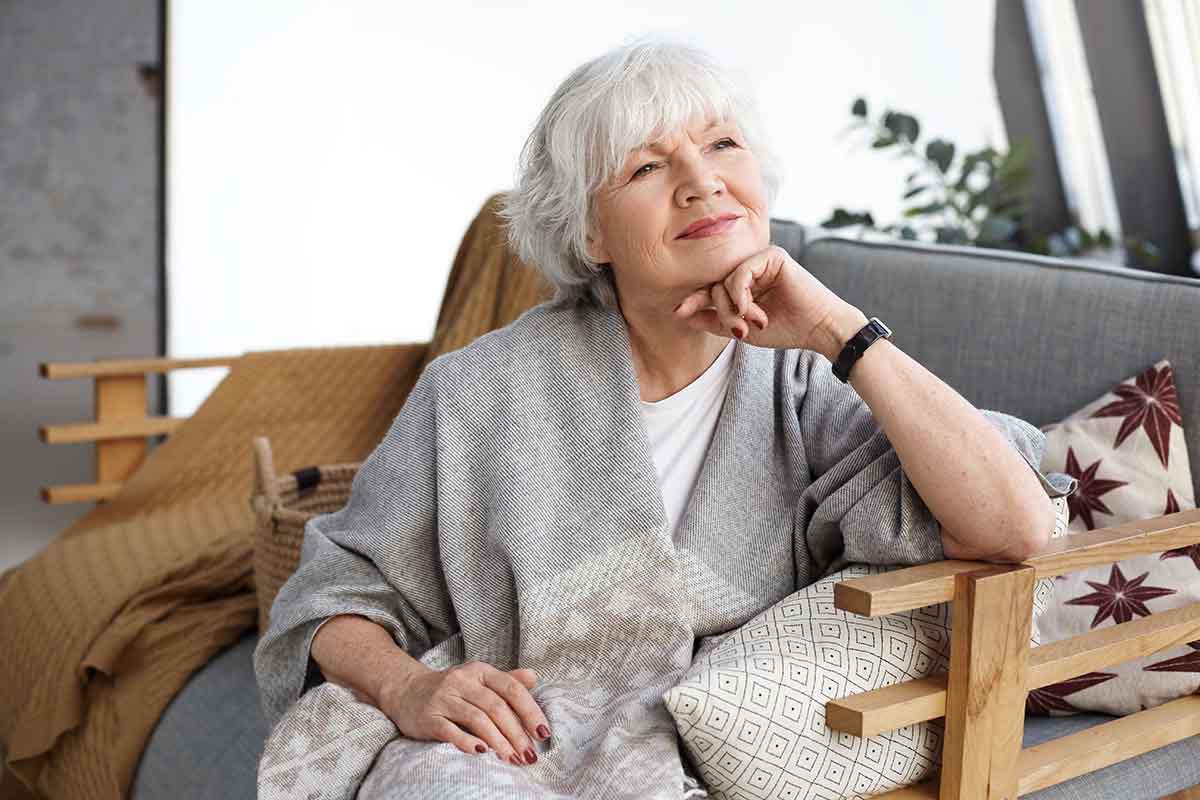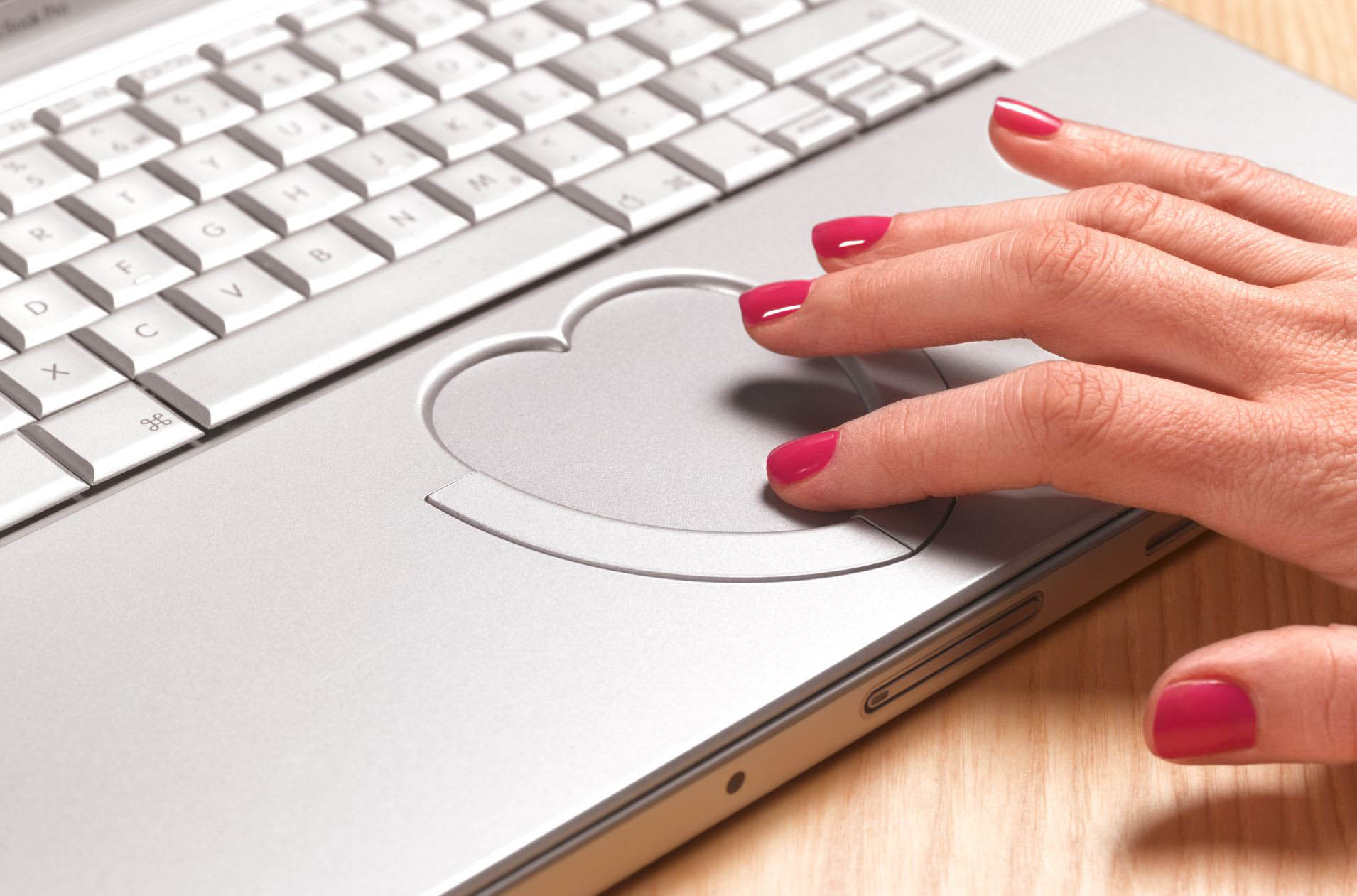10 Best Technologies for Seniors Living Alone
For seniors living independently, technology has a significant role to play in keeping them safe and comfortable. As we age, a potential fall or emergency can have severe consequences. On top of that, seniors deal with limited mobility and more difficulty with certain aspects of memory or cognition. Plus, they are at a higher risk of social isolation.
Even if some seniors don’t necessarily need more ongoing day-to-day care, they may need assistance with some activities. Thankfully, technology is here to help. Numerous electronics, devices, and smart technologies can make seniors’ lives more convenient, even if they live alone.
Here are the technologies that can ensure seniors have the assistance and security they need:
Technologies for seniors living alone: tablet
A touchscreen tablet is the perfect handheld device for a senior. It allows them to keep track of schedules, deliver reminders, and access lots of entertainment, games, and the Internet. You might also arrange the tablet so that seniors can take photos or videos, which can be put into cloud storage.
In addition, tablets have built-in assistive technology specifically designed for seniors and individuals with difficulty with vision, hearing, or dexterity. All of this makes tablets a must-have technology for seniors.
Smartphone
A smartphone is another helpful device for seniors, although smaller. When choosing phones for the elderly, the simpler and less complicated, the better. A smartphone can be used as an emergency line, a way to make phone calls, and can be carried with them wherever they go.
The most significant advantage of a jitterbug smart phone is that it’s a way for a senior to get in touch in circumstances where they need help. A smartphone can be synced up alongside a tablet and share calendars, contact lists, and the like in many instances.
Smoke Detectors
A smoke detector to detect fire is key to any home, none more important than a senior’s residence. In an emergency, a lot of older adults can’t move as quickly. The more warning you have, the better. Smoke detectors give you that reassurance.
Furthermore, there is often an increased risk of fire inside a home with a senior living alone due to memory lapses and similar troubles. A smoke detector may be what saves their home or even their life in such an emergency.
Home Security Systems
A senior living alone is a target for theft. Having a home security system can offer the sort of surveillance and protection any senior will want. There are also many ways to customize home security, from real-time video cameras to window and door sensors. Other technologies include doorbell video cameras and motion-activated lights placed around the perimeter. These devices help maximize safety around a senior’s residence.
Timers
Timers and reminder devices are a great asset to any senior. This device will ensure a senior will continue taking their medication on time and not accidentally double up or forget altogether. If you do not have someone there to help you take your medicines, a daily timer or medication dispensing system can help seniors keep up with their health.
Smart Plugs
If there is something that a senior has to bend down to plug in and unplug, a smart plug will function just as well and be a lot easier to operate. A smart plug outlet goes into any outlet. It connects to an app on your smartphone or tablet. Then, a senior can turn on the power when needed or turn it off when it’s not. This is great for any electrical item in difficult-to-reach areas around the house.
Voice Assistants
Many seniors and their caregivers are looking at voice assistants to help them around the house. Through a voice assistant, like Google Home, a senior can call family and friends or even 911 if it’s an emergency. In addition, they can search out news, get questions answered, and more. Voice assistants connect to the Internet, give you a rundown of weather, news articles, and can do all sorts of fun things. They can be a great asset for seniors living alone.
Health Monitors
In the past decade, wearable devices have made it possible to monitor all sorts of things. FitBits are great fitness trackers. There are also health monitors for blood pressure, oxygen, cardiac health, blood glucose, hydration, and more. If a senior has a pre-existing condition, they are living with, this technology can help warn you when something is happening that shouldn’t. You can address problems before they worsen and become life-threatening.
In-Home Monitoring Systems
In-home monitoring systems have grown quite advanced. For example, an in-home monitoring system is possible if you want to monitor a senior parent and ensure they’re safe. Though you can use cameras, you can also use sensors to track their sleeping habits, movements through the house and even detect a person falling. If you’re a caregiver who isn’t always there, this is a way to alert you when something’s wrong.
Technologies for seniors living alone: Emergency Response Systems
A personal emergency response system, such as Lifeline or Life Alert, can be put around an individual’s neck and is a button they can press when there’s an emergency. If they fall or suddenly find themselves in a situation where they are unfamiliar, pressing the button sends an immediate notification. It will alert a family member, caregiver, or emergency services. Even if you’re maintaining your health well, this extra precaution can prove life-saving.




















